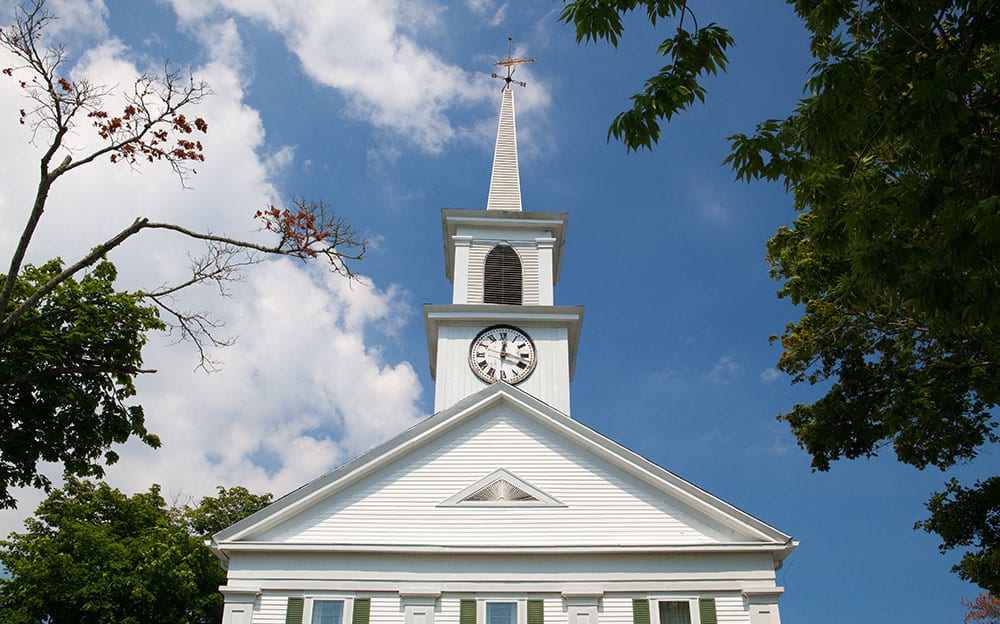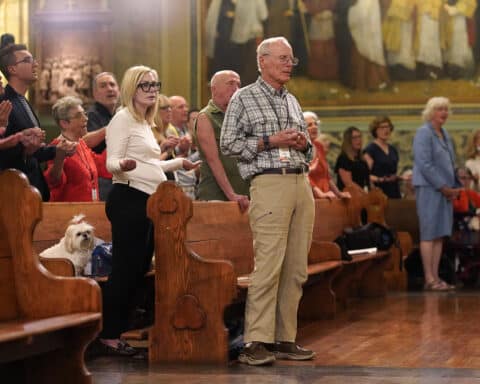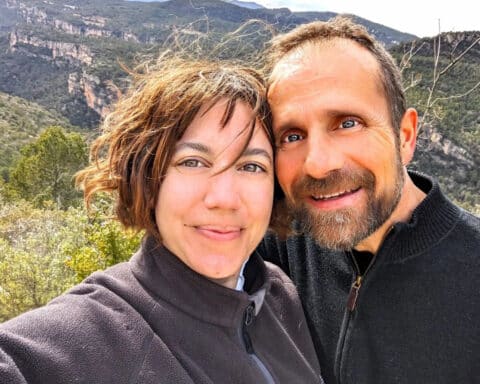We Catholics are not the only ones in the news. Noted a few weeks ago was the revelation of child sex abuse by ministers and other leaders in the Southern Baptist Convention, this country’s largest Protestant denomination.
Now getting attention is the debate among United Methodists regarding church policy concerning persons with same-gender attractions, bisexual attractions, transgender and so on. Denominational leaders recently voted to forbid same-gender weddings and not to permit ordination as ministers of persons who admit attraction to others of the same sex.
This action simply reaffirmed what the denomination has held, without pause, since its inception. Still, controversy is heated. Feelings are strong. Opinions are fixed. The story will have new chapters. Dispute will continue.
Beyond United Methodists, and beyond Catholics, the issue of same-gender attraction and the response to it is a modern topic of conversation, to say the least.
In 2015, the U.S. Supreme Court ruled that no state could forbid persons of the same gender from being married legally. The decision was not unanimous. Five justices were in favor, four were not, but the majority won the day.
Since then, same-gender marriage has occurred many, many times. Frankly, in civil ceremonies around the country, Catholics legally have been married to persons of the same gender.
Never has such a wedding been reported as happening in a Catholic ritual. Why?
Several basic points need to be stated. In and of itself, the mere temptation to find sexually appealing a person of the same gender is not a sin. Immorality enters the picture when a person yields to this temptation by committing acts not in keeping with what the Church believes to be moral according to divine revelation. Intimate physical relations are moral only when they occur in the context of a valid marriage, between one man and one woman.
This teaching is nothing new. The Church never has relented in this teaching, or compromised it. Almost everyone realizes that this is fact. Because of it, even some Catholics accuse the Church of being hard of heart, unmerciful, uncaring and out of step with the times. More than a few criticize the Church for ignoring the rights of people — namely the right to same-sex marriage, as the Supreme Court has defined this right.
These charges are not likely to go away. Actually, I expect them to intensify, and as a result, I would not be surprised one day — maybe sooner than later — to see hostility for the Church to increase, bringing practical, unwelcomed consequences.
How can Catholics, in their own minds, react to this? What opinion should Catholics form? Remember that the Church merely is repeating in this day and time not a philosophical conclusion developed by theologians, or a legal decision, but the belief of Christians, as revealed by God, through the prophets of old, and in the message of Christ.
A legitimate moral fault comes when people despise, insult or injure persons who experience same-gender attraction. A principle also deeply enshrined in Christian morality is that people have no right, in any circumstance, to use the sexual preferences of another to harm the other in any way. But this does not mean acceptance of immoral behavior.
Apparently, the United Methodists have decided not to change their denomination’s similar, historic view in this regard. No church, no religious authority, no court can amend or change what God has revealed.
Msgr. Owen F. Campion is OSV’s chaplain.





